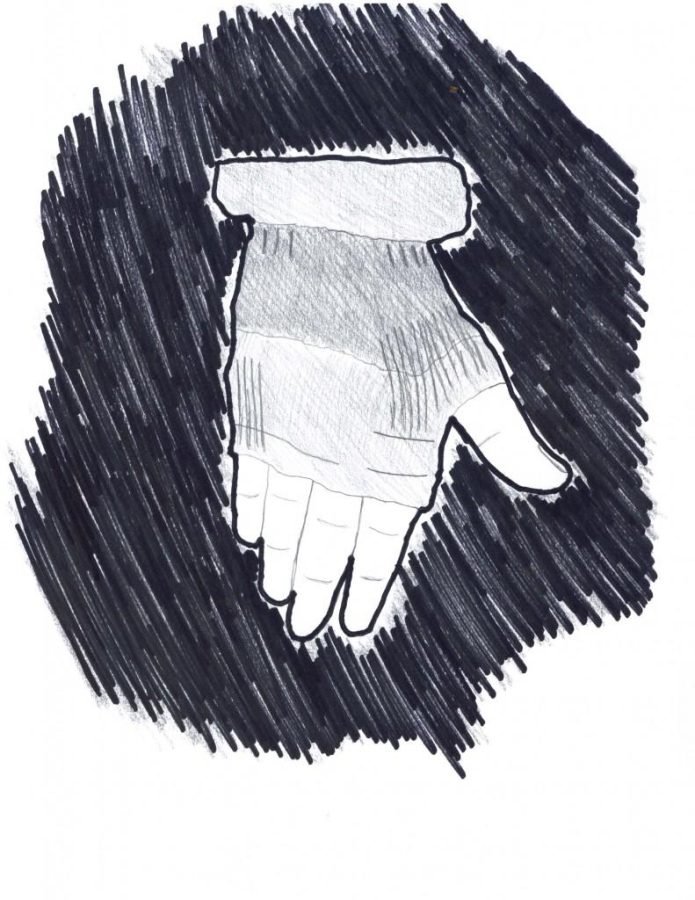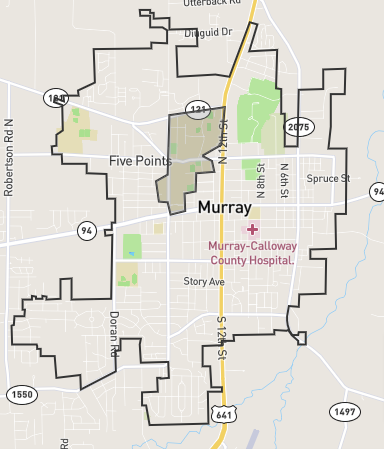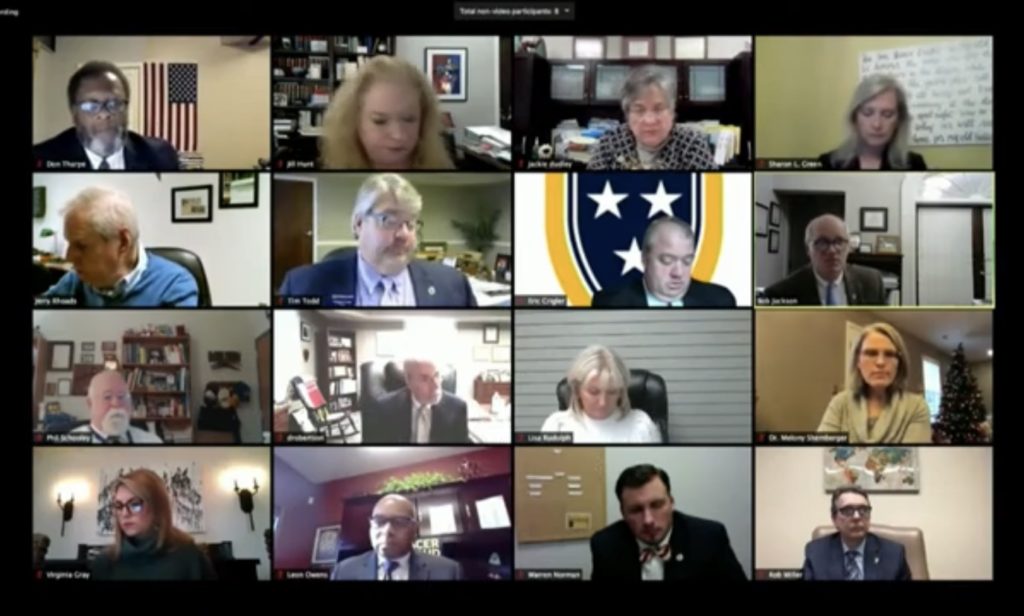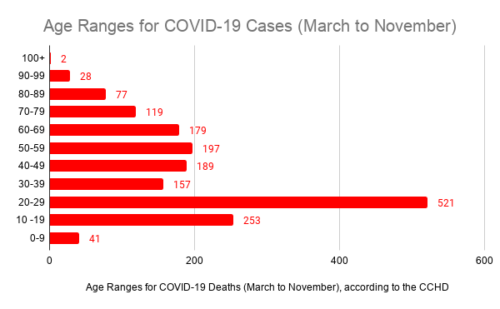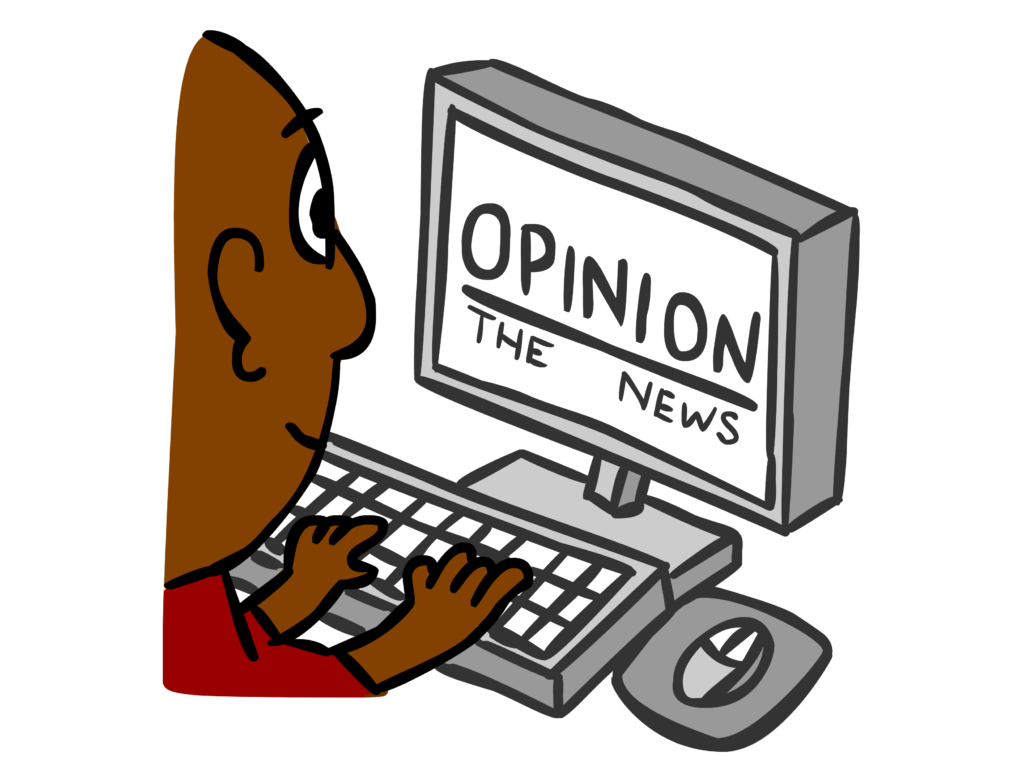The staff editorial is the majority opinion of The Murray State News Editorial Board.
Twenty-three point eight percent. That’s the percentage of Murray residents living below the federal poverty level, according to the U.S. Census Bureau. That’s right – in the friendliest small town in America, nearly one in four residents live in poverty.
How did this happen? The Great Recession has certainly had an impact on the number of people in Murray who now live below the federal poverty line.
Nearly 13 percent of Murray residents are unemployed according to the latest available figures, giving the city an unemployment rate almost double the national unemployment rate of 7.2 percent. When the unemployment checks stop coming in and many are still unable to find work, they end up in that first statistic – and join the ranks of the impoverished.
The statistics are shocking, and they move us to sympathy, but statistics are not enough to visualize the problem or come up with solutions to it. Many of us will read those words and move on to the next page without a second thought.
It’s hard for us to visualize, but we invite you to consider it another way – this is a city of nearly 18,000 people. That means that nearly 5,000 people who live in this city, whether they are our friends, our coworkers, our relatives, our partners – don’t make enough to make ends meet. That’s roughly one out of four.
How many people do you walk by every day on your way to class? The next time you head to POL 140 or COM 161, count out one of every four people you see and you’ll have a pretty good visual illustrating just how much is needed in Murray.
Visualizing the problem isn’t solving it, though. There are a lot of ways to address the impoverishment of Murray, and a lot of good and decent people may disagree on how to approach the problem itself. But it is a problem that is not going to go away. We must do something, be it through an active city government or private organizations and volunteers; the way it’s done matters little if the end result – that even just one person would no longer be confined to a life of misery and impoverishment – is achieved.
We encourage students to help out in any way they can to address poverty on campus and in our community. Food drives, food pantries and participating in organizations like Needline that help address the most basic needs of the impoverished are worthwhile activities that students should be intimately involved in.
If you do not know of an organization that does these things or would like to do them – start one yourself! There’s nothing more American than coming together for the aid of your fellow citizen in a time of need. Student organizations focused on helping the needy are worthwhile endeavors and can also bring students face to face with those they are helping and serve as a means through which ideas can be tested and tried to see what does and does not work in addressing poverty.
We also encourage the city government to take a more active role in addressing poverty in Murray. When one of four residents of this city cannot earn enough to make ends meet, perhaps raising the minimum wage within the city limits is a policy option worth exploring. Perhaps the city should expand access to affordable housing programs to help house those without the ability to pay for housing in our growing city.
Regardless of the route taken, the city of Murray should act to address the growing number of residents in poverty.
It is unacceptable that a town like Murray, with its reputation for being among the friendliest in the nation, should be a Scrooge to those seeking aid from their government and their fellow citizens.


























































































